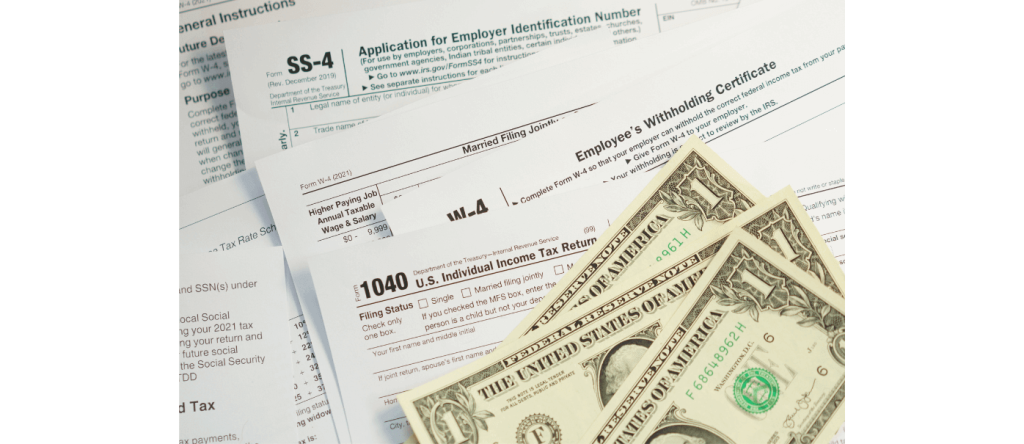Tax collection in the United States is fundamentally based on a system of voluntary compliance. This means that individuals and businesses are expected to report their income and pay their taxes as outlined in the tax code, and to adhere to deadlines set by the government. However, when taxpayers fail to comply, various penalties are enforced. These include late filing fees, underpayment fines, interest charges, and audits.
To better understand tax compliance trends, the IRS and the Treasury Department conduct ongoing research to estimate the extent of non-compliance. The result of these studies is what is known as the Tax Gap.
What the Tax Gap Means to the IRS
The term “Tax Gap” represents the difference between the total tax liability owed by taxpayers and the amount actually collected by the IRS. Due to the complexity of the tax code and the variety of ways individuals and businesses file their taxes, calculating the Tax Gap is a complicated process. Even still, the IRS has provided estimates based on recent research.
According to the IRS’s latest projections, approximately 85% of tax liabilities are correctly reported and paid by taxpayers. This leaves around 15% of taxes unpaid. It’s a significant shortfall, so in order to address this gap, the IRS has collection efforts in place, such as audits and other enforcement activities. These work to recover an estimated 1-2% of the underpaid taxes. It’s not a lot, but it’s still something. Every bit counts!
Despite these efforts, the remaining shortfall amounts to more than half a trillion dollars. So what’s the problem? The Tax Gap is primarily caused by three factors: non-filing, under-reporting of income, and nonpayment of taxes. Of these, under-reporting is the most significant contributor. As a result, the IRS has increased its focus on enforcement measures, particularly in areas where discrepancies are most common. This has impacts on all of us.
The Tax Gap Effect on Taxpayers
A growing Tax Gap has direct consequences for taxpayers. As compliance rates drop, the IRS and lawmakers look for ways to recover lost revenue, often by implementing stricter regulations and harsher penalties. In recent years, this has been evident in the rise of automatic fines for late filings of forms such as W-2s and 1099s. Increased scrutiny also means a higher likelihood of audits, particularly for individuals and businesses that under-report their income.
For taxpayers, this means that maintaining accurate records and ensuring compliance with tax laws is more critical than ever. The IRS is likely to continue refining its strategies for enforcement, making it important to avoid being in the category of taxpayers who attract compliance actions.
Want to Avoid the Penalties? We Can Help!
Navigating the complexities of tax compliance can be challenging, but with proper guidance, you can avoid unnecessary penalties and audits. Our team is here to help you stay on top of your tax obligations. We’ll work to ensure accurate reporting and timely filing.
Whether you need assistance with record-keeping, filing tax forms, or understanding the latest compliance requirements, we’ll provide the expertise necessary to keep you in good standing with the IRS. Reach out to us today to safeguard your finances and avoid the pitfalls associated with the Tax Gap. We can give you a helping hand!

